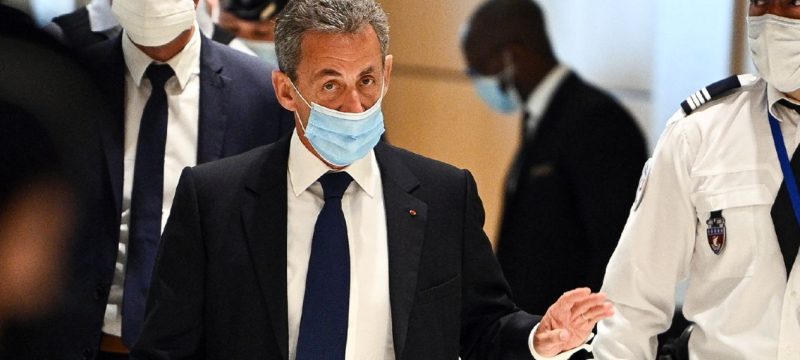Former French President Nicolas Sarkozy has been sentenced to five years in jail for criminal conspiracy. The ruling, announced on Thursday, shocked France and marked a dramatic downfall for the former conservative leader.
Sarkozy, who led France from 2007 to 2012, was accused of seeking campaign funds from Libya during his presidential run. The court found him guilty of attempting to raise money illegally, a decision that carries major political and historical weight.
This ruling makes Sarkozy the first post-war French president to face prison time. Observers noted that the sentence was far harsher than many had anticipated, leaving even his closest allies stunned.
As he left the courtroom, Sarkozy appeared visibly shaken. He denounced the verdict, calling it “scandalous” and claiming he had been unfairly targeted. His legal team confirmed that they will appeal the decision, a move that could prolong the case for months.
The conviction has sparked a wide debate in France over political accountability and corruption. Supporters argue that Sarkozy is being unfairly judged for actions tied to broader geopolitical issues. Critics, however, see the ruling as a long-overdue step in enforcing justice against powerful figures.
Analysts say the sentence could have lasting effects on France’s political landscape. Sarkozy was once considered a strong voice in conservative politics, and his downfall may weaken the movement he helped shape.
This case also underscores how global powers are increasingly confronting corruption and the misuse of authority. Similar accountability debates have emerged worldwide. Recently, Microsoft cut cloud access to Israel over Gaza surveillance concerns, showing how both politics and corporations are being pushed toward greater transparency.
While Sarkozy continues to fight his legal battle, the decision highlights a turning point in French politics. It reflects a growing demand that leaders, regardless of their past power, must answer to the law.
The appeal process will now determine Sarkozy’s immediate future. If upheld,the ruling could become a defining moment in how France handles corruption cases at the highest levels of government.







